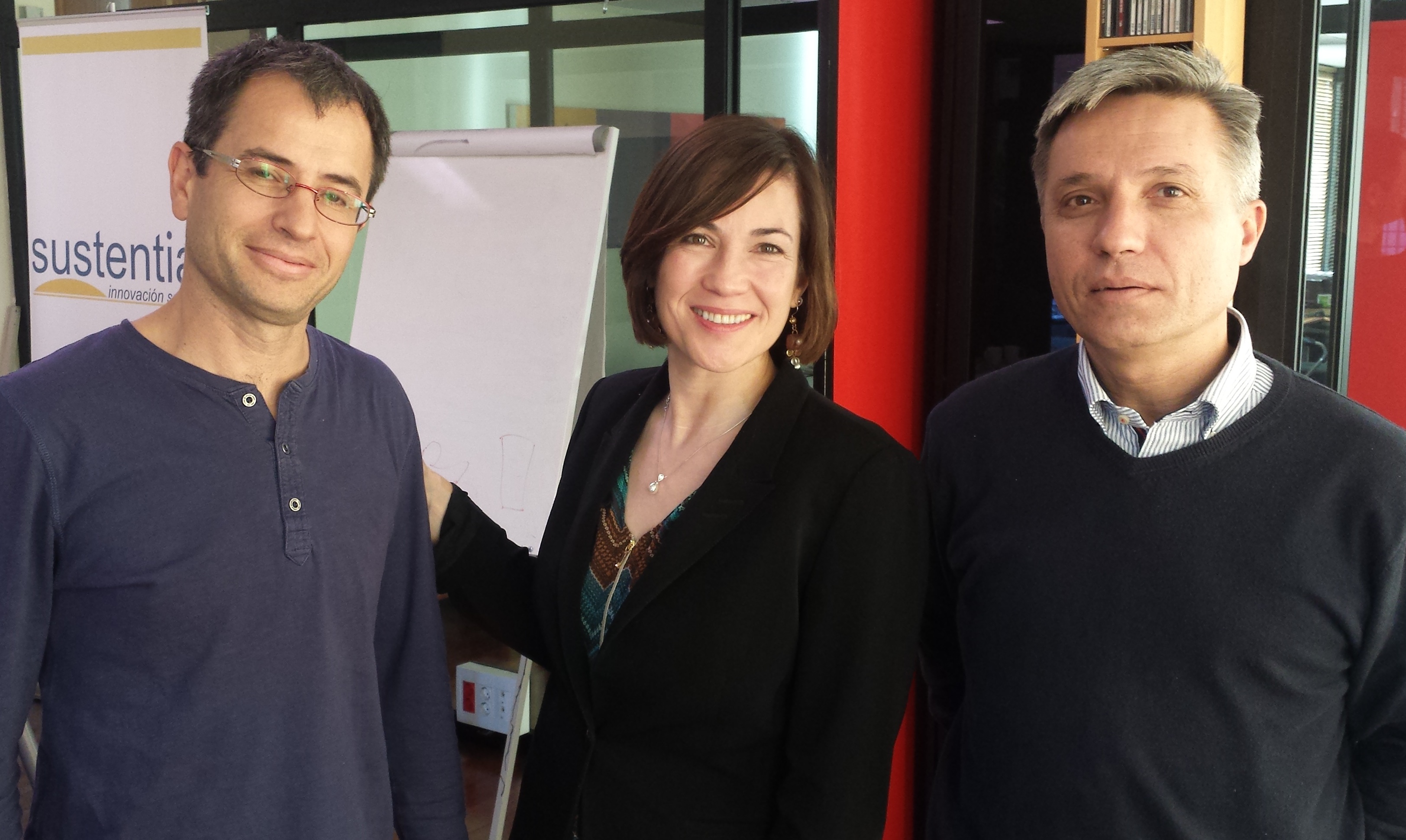Madrid, 10 December 2014 – The Spanish access to information law entered into force at the central government level on 10 December 2014, but it’s proving near impossible for the public to make requests.
Rather than a cause for celebration, it’s been a bit of an anti-climax for the team that founded Access Info Europe, which is headquartered in Spain in part out of the goal of promoting a transparency law in the only country with over a million inhabitants in the European Union and wider European region not to have one.
The biggest disappointment for the Access Info Europe team is that during the first day of having this law in force, not one of the team had been able to submit a request due to the complicated system of registering with the transparency portal and obtaining an electronic identification code.
Calls to the government help line recommended that we visit an office of the tax authorities to obtain an electronic ID number. The government during the afternoon of 10 December publicly recognised that people were finding it hard to register with the “clave electronica” electronic key system.
Meanwhile, those from other EU countries are redirected to websites in their countries (in the case of UK citizens, rather bizarrely, to a bank’s website), while the nationals of some EU countries are not given any option, nor are those from outside the EU.
Juanjo Cordero, Helen Darbishire, and Carlos Cordero (left to right in the photo), started monitoring levels of access to information in Spain in 2004, as part of the multi-country study Transparency and Silence carried out with the Open Society Justice Initiative.
That study found levels of administrative silence of 61% in Spain and just 17% of requests. That figure has barely changed over the years with 2013 results showing 57% of silence and just 13% of satisfactory requests.
The question now is whether those numbers will change with the new transparency law.
“The first challenge for the public is not administrative silence but is even more basis: submitting a request!” commented Helen Darbishire, Executive Director of Access Info Europe.
“The second challenge is who to turn to for help: the director of the new Transparency Council has been nominated but not yet the members of the Council, and the body is not up and running and so cannot receive appeals,” Darbishire added.
First Formal Recognition of a Human Right to Information in Spain
In a small ray of hope amidst this gloomy picture, Access Info Europe warmly welcomed a press release issued on 9 December 2014 by Spain’s General Council of the Judiciary, the independent constitutional body which oversees the judicial power, in which it announced that it will not insist on requesters identifying themselves given that “access to information is a fundamental, universal, right” and adding that the government’s transparency obligations override any requirement that might be put on citizens who request information.
“This is the very first time that any official body in Spain has recognised the fundamental nature of the right of access to information,” stated Helen Darbishire, Founder and Director of Access Info Europe.
“It’s particularly significant that this recognition comes from the body which represents judges and other jurists, and we hope that in the future such thinking will be reflected in court decisions over the right of access to information, something which has not been the case thus far,” added Darbishire.
Transparency Portal Cumbersome but Generates News Stories
The transparency portal launched at midday on 10 December is also disappointing with poor organisation of information, a particularly ineffective search function, and much data in PDFs rather than reusable formats.
The government reports having spent €300,000 on the platform, that 80 people have been working on it, and that it contains 50 GB of information.
In spite of this, initial analysis of the content indicates that much information is missing, and that data prior to 2013 or 2014 is often not yet uploaded, making comparative analysis for journalists putting together stories very difficult.
There is also much partial information, for example a list of properties owned by the government but not their value.
In spite of these challenges, journalists have already started generating some interesting stories with information which was previously unavailable in Spain. These include:
» Analysis of the salaries of senior public officials
» List of public officials given permission to go through the revolving door to work in business
» Analysis that pro-governmental foundations and think-tanks receive ten times more public subsidies than those linked to opposition parties
» Evaluation of spending on culture, which shows that support for opera is particular high
For more information, please contact:
Helen Darbishire | Access Info Europe
helen@access-info.org +34 667 685 319
Victoria Anderica | Access Info Europe
victoria@access-info.org +34 913 656 558

